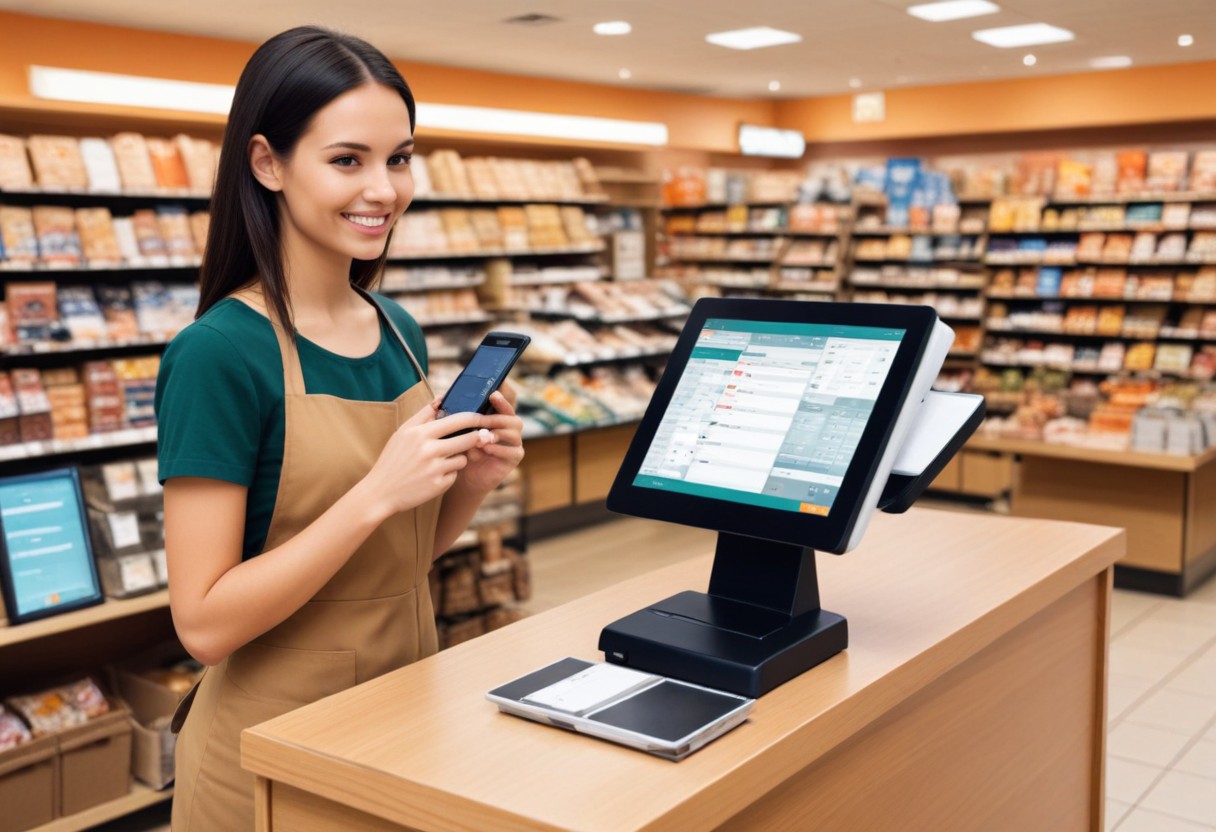For decades, the term Point of Sale POS referred to a cash register tucked behind a counter. In today’s rapidly evolving business environment, the term Point of Sale POS has transformed to become something far more effective. It’s an agile, intelligent and mission-critical platform that facilitates transactions as well in the overall customer experience.

The way consumers interact with companies, shop and dine has changed dramatically. They require speed, convenience and personalization no matter what the business. The current POS system is an excellent solution to streamline your business. It is able to connect all the moving parts of a company into one seamless solution.
POS Systems as Business Intelligence Hubs
The concept behind point-of-sale has developed. No longer is it merely about completing a purchase it’s about collecting data while also optimizing operations and strengthening customer relationships. A point of sale POS is more than simply take payments. They track production, track inventory and produce reports on sales that are actionable and can also identify buying patterns by season and customer segment.
Consider a small retail boutique with a POS for retail. Instead of manually counting inventory or guessing which fashions are popular The POS system tracks the top sellers and alerts you to low-stock and suggests reorders in light of current trends. With cloud-based connectivity that same owner can check the daily performance on their phone when they are away from the shop.
Flexible pricing that is specific to the industry
One of the defining traits of the modern POS system is their flexibility across different vertical markets. At one end you can find restaurants that require real-time order routing to kitchens as well as tip tracking and payments at tables. Beauty salons rely on their client past history and the management of prepay packages, and appointment scheduling. They have different requirements, and the best point-of-sale POS systems are specifically designed for.
What binds these businesses they all have a need for ease of use on the front, and intelligent technology on the back. Bars may prefer quick tap-to-pay machines, while hardware stores are focused on scanning barcodes and inventory synchronization across departments. The best POS systems adapt to all without any friction.
Payment Security and Processing Integration
Security is not optional, it’s an expectation. Any business that accepts digital payment or cards should protect the data. Payment integrations can be found in secure point of sale POS systems that provide secure encryption from end-to-end by well-known brands like Chase Moneris and First Data.
Integration goes beyond safety. The integration isn’t just about safety. Businesses don’t want to have slow card readers, an unmatched reports or delayed payments. Unified systems that combine the processing of payments and tracking sales helps businesses close faster and more precisely reconcile their accounts and eliminate the headaches of end-of-day.
Expanding your business by it rather than against it
Smaller businesses, particularly tend to ignore the importance of the ability to scale. Most businesses begin with a simple setup but then discover that it can’t handle several locations, loyalty programs or online order. That’s why modern solutions can be designed to grow with the business, from sole proprietors to growing franchises.
Retailers, in particular, benefit from retail POS systems that sync in-store purchases with e-commerce platforms. This seamless connection makes sure that the accuracy of inventory and that customers can enjoy a unified shopping experience and business managers don’t have to be juggling systems.
The Smarter Sale Starts at the Point of Sale
Point of sale POS isn’t simply a tool to facilitate transactions. It’s now a core part of how a business operates is able to learn, grow, and improve. Businesses that invest in a customized sophisticated, reliable, and secure point of sale systems aren’t just improving their checkout process, but they’re also laying the foundations for digital success in the future.
Companies can’t afford, because customer expectations are increasing, to treat the POS system as a last resort. The POS is at the center of modern-day operations.




